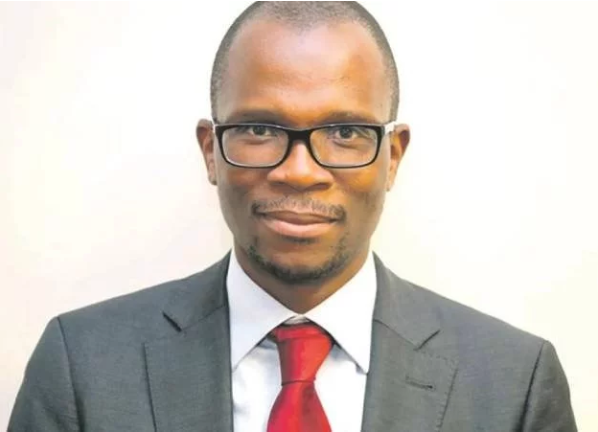
New Deputy Finance Minister David Masondo is well aware that citizens are getting poorer, unemployment is soaring and South Africa is still one of the most unequal countries in the world.
“Addressing our economic challenges requires a focus on policies that will grow the economy by boosting productivity and raising our competitiveness,” he told City Press last week.
These policies must be “accompanied by interventions that change how the benefits of growth are distributed and fundamentally transform the structure of the economy, including the spatial structure of our cities and towns”.
“We have to make it easier for firms to start up, to innovate, to export and to create jobs by reducing the cost of doing business. We must reduce the costs associated with the key network industries such as transport, energy, water and transport.”
He said the solution was to help South African firms integrate better into global and regional value chains and focus on labour-intensive growth.
“Exporters grow faster, employ more people, pay better wages and innovate more. These interventions must be underpinned by an investment-driven and capable developmental state supported by a new compact between government, the private sector and other social partners,” he said.
About 6.2 million South Africans are unemployed and nearly 3 million have given up looking for work.
Masondo said the state had already undertaken multiple interventions on jobs, mainly through making workers more skilled and improving the manner in which employers and jobseekers are matched up.
“But the most critical intervention we can make is to boost employment demand through investment,” he said.
Although public employment programmes could help with job demand, he said, they could not tackle the scale of the challenge that South Africa faces.
“Government is working on ways to raise our growth by prioritising investment, restoring confidence, resolving the Eskom crisis and streamlining regulation.”
He said government had previously been able to leverage the financial and institutional strength of state-owned enterprises such as Eskom and Transnet to launch an infrastructure drive that helped mitigate the effects of the 2008 global financial crisis.
“Unfortunately, in recent years, many of these critical state-owned enterprises have had their ability to contribute to economic growth severely weakened.”
On Eskom, Masondo said government’s plan to address its financial, operational and structural challenges would “set the electricity market on a new trajectory”.
Turning to the country’s credit rating, Masondo said that he expected ratings agencies to be encouraged by government’s efforts to tackle the main credit challenges such as low growth, steadily rising debt, financially weak state-owned enterprises and weakened institutions.
Working in South Africa’s favour, he said, was the “favourable government debt structure [low share of foreign currency debt], sustained strength of core intuitions such as the judiciary and the SA Reserve Bank, deep local capital markets and a healthy banking sector”.
Masondo said that poor economic growth, job losses, decreasing state revenue and fiscal deficits had sparked the debate on the nationalisation of the Reserve Bank as “everyone looks at ways to stimulate the economy”.
However, the debate had largely focused on the removal of the private shareholders, who have no impact on the Reserve Bank’s independence or mandate, or on how it functions while fulfilling its mandate.
Nationalisation should not affect the Reserve Bank’s independence, he said, adding that, “as a matter of fact, most central banks are nationalised banks”.
He cited the Federal Reserve in the US as an example – it has no private shareholding, operates as a public or national institution, “but is very independent”.
In any case, said Masondo, “the general independence of central banks is a myth”.
The nationalisation of the Reserve Bank, he said, would have no impact on its functioning, but would entail a significant financial cost and imply protracted negotiations, which might be a challenge in a constrained fiscal environment.
He said the second aspect of the debate was the dual mandate of the bank, accompanied by suggestions that the bank should target both inflation and employment the way other reserve banks around the world do, including the Federal Reserve and the Central Bank of Australia.
“These banks are some of the most sophisticated central banks, and are run by some of the most distinguished mainstream central bankers. Alan Greenspan worked under Ronald Reagan, George W Bush and Bill Clinton – who defended the dual mandate in the US central bank.”
The Public Investment Corporation could form part of his new responsibilities, but Masondo declined to comment on the Mpati commission of inquiry looking into the corporation, only saying that the commission should conclude its work.
 |
| ||||||||||||
| |||||||||||||




 Publications
Publications
 Partners
Partners








